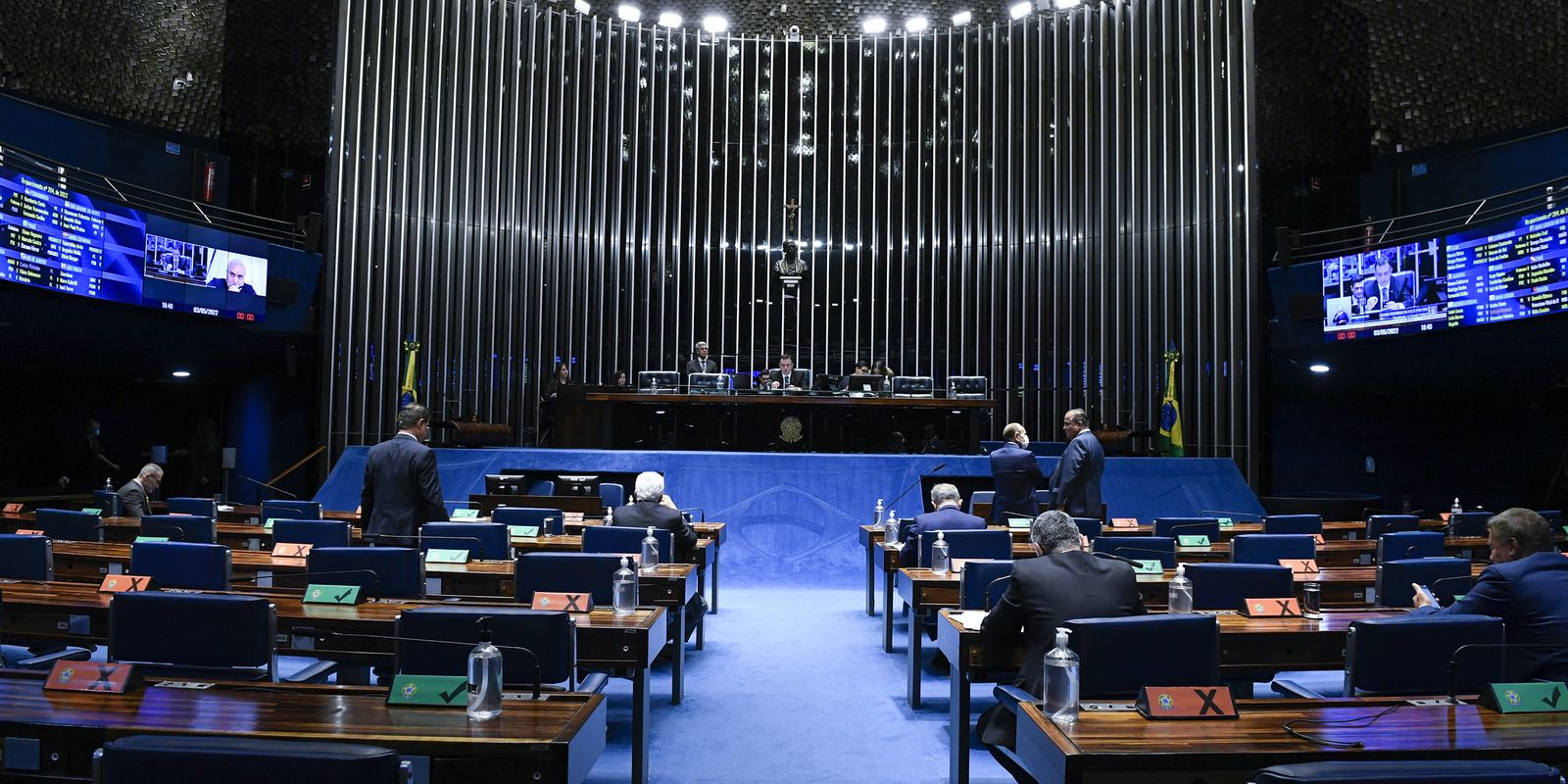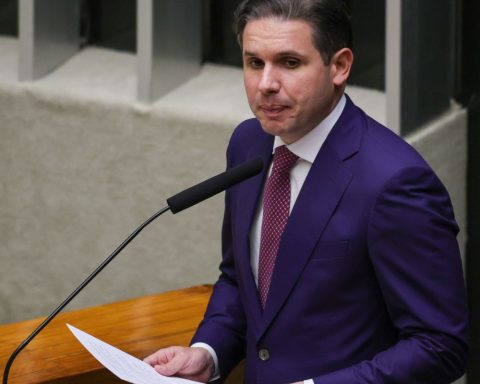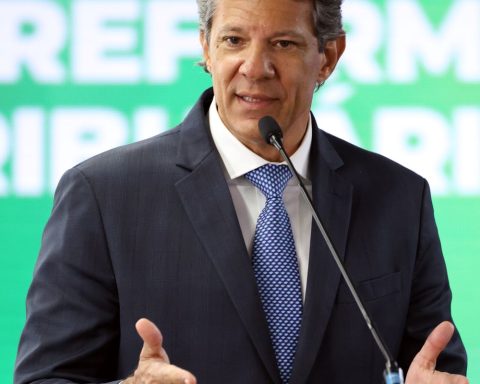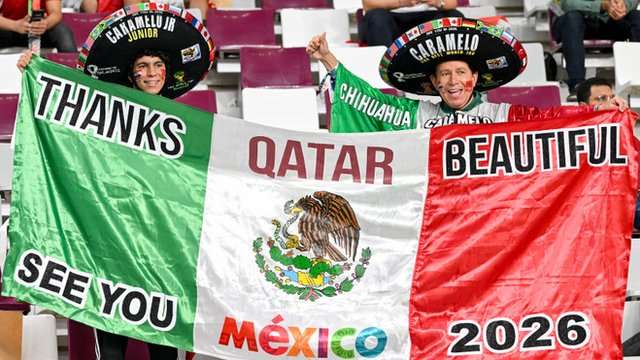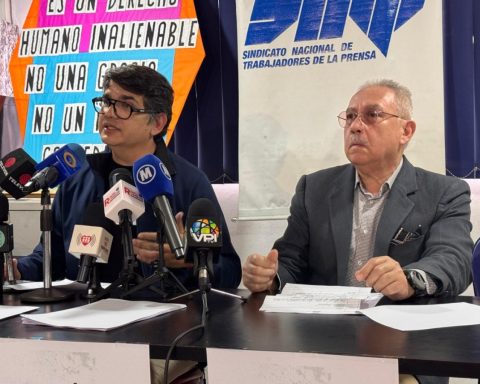After about two hours of session, the Senate approved last night (21) the changes in the Proposed Amendment to the Constitution (PEC) of the Transition made in the Chamber. The text was approved, in a hybrid session, by 63 votes to 11 in the first round and by 63 to 11 in the second round, without changes. The PEC is now on for promulgation. The president of the Senate, Rodrigo Pacheco (PSD-MG), scheduled the session for the enactment of the PEC for this Wednesday night.
According to the president of the Senate, the PEC was voted on this Wednesday to allow the vote on the 2023 General Budget of the Union as soon as possible. The Budget is approved in a joint session of Congress.
Approval takes place a few hours after the Chamber of Deputies complete the vote on the PEC in second round. The mayor, Arthur Lira, informed earlier that there is a compromise for the Senate not to modify the text of the Chamber, which will allow the enactment this week.
Shortly after approval in the first round, the Senate approved the extinction of the interstice of five sessions and began to vote on the proposal in the second round. Tomorrow (23) will be the last day of legislative activity of the year. If Congress fails to enact the PEC or approve the Budget this Thursday, an extra call will be necessary for Parliament to comply with procedures next week.
The proposal establishes that the new government will have R$ 145 billion in addition to the spending ceiling, of which R$ 70 billion will be used to fund the Auxílio Brasil (which will be renamed Bolsa Família in 2023) of R$ 600 with an additional BRL 150 per child up to 6 years old.
The other BRL 75 billion can be allocated to expenses such as health policies (BRL 16.6 billion), including the Popular Pharmacy program and the real increase in the minimum wage (BRL 6.8 billion). The PEC also opens fiscal space for another R$ 23 billion in investments for a period of one year.
Modifications
The deputies approved two changes in the text of the PEC. The first change reduced the time for extending the spending cap to one year, different from the two-year period of the text approved in the Senate. Initially, the proposal negotiated by the elected government was valid for four years.
Another approved highlight changed the allocation of resources from the so-called secret budget, the rapporteur’s amendments, considered unconstitutional by the Federal Supreme Court (STF). An agreement between party leaders defined that the resources will be apportioned between individual amendments and non-mandatory execution schedules by the Executive. The Chamber will keep 77.5% of the overall value of the individual amendments; and the Senate, with 22.5%.
Golden Rule
The PEC dispenses with the “golden rule” regarding the need for the Executive Branch to request authorization from the National Congress to issue public debt securities to finance current expenditures in the amount of R$ 145 billion next year. Resources will still be left out of the primary result target.
Limitations on the spending ceiling on donations received by federal universities, resources for gas aid in 2023, transfer of resources from the states to the Union to carry out engineering works and services are also removed. Donations for socio-environmental projects related to climate change are outside the limitation.
* Collaborated with Heloísa Cristaldo
